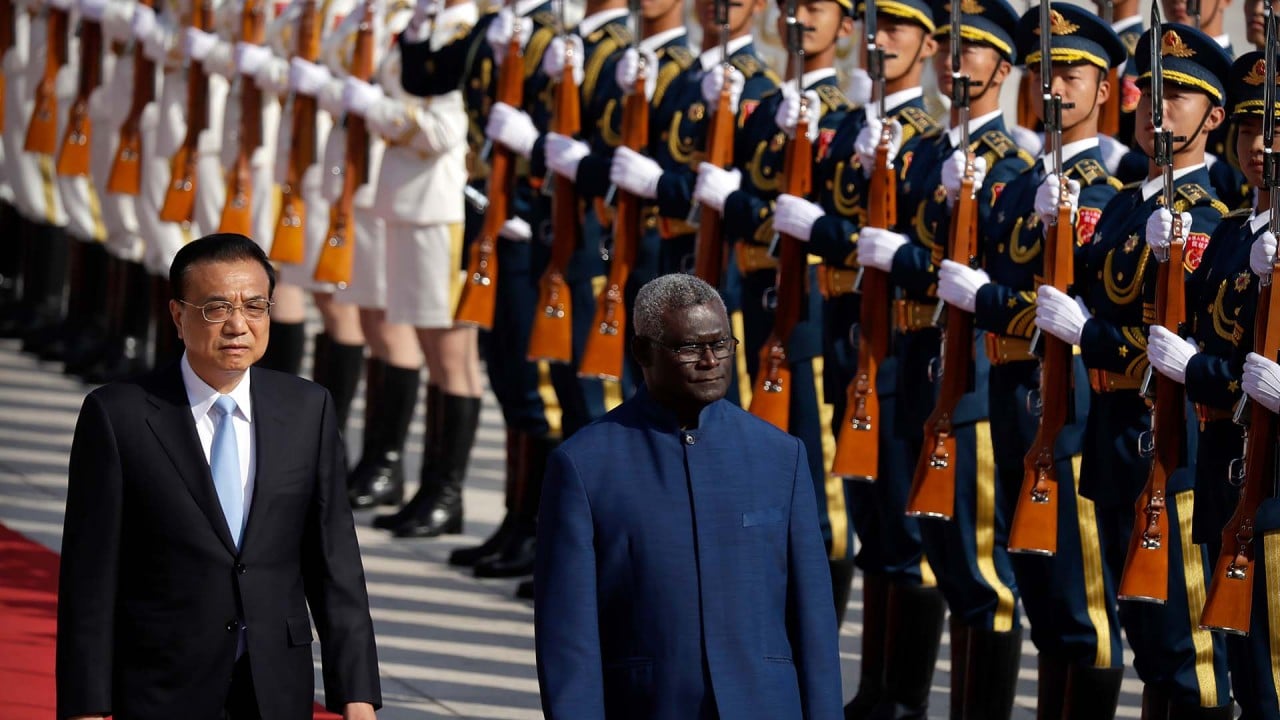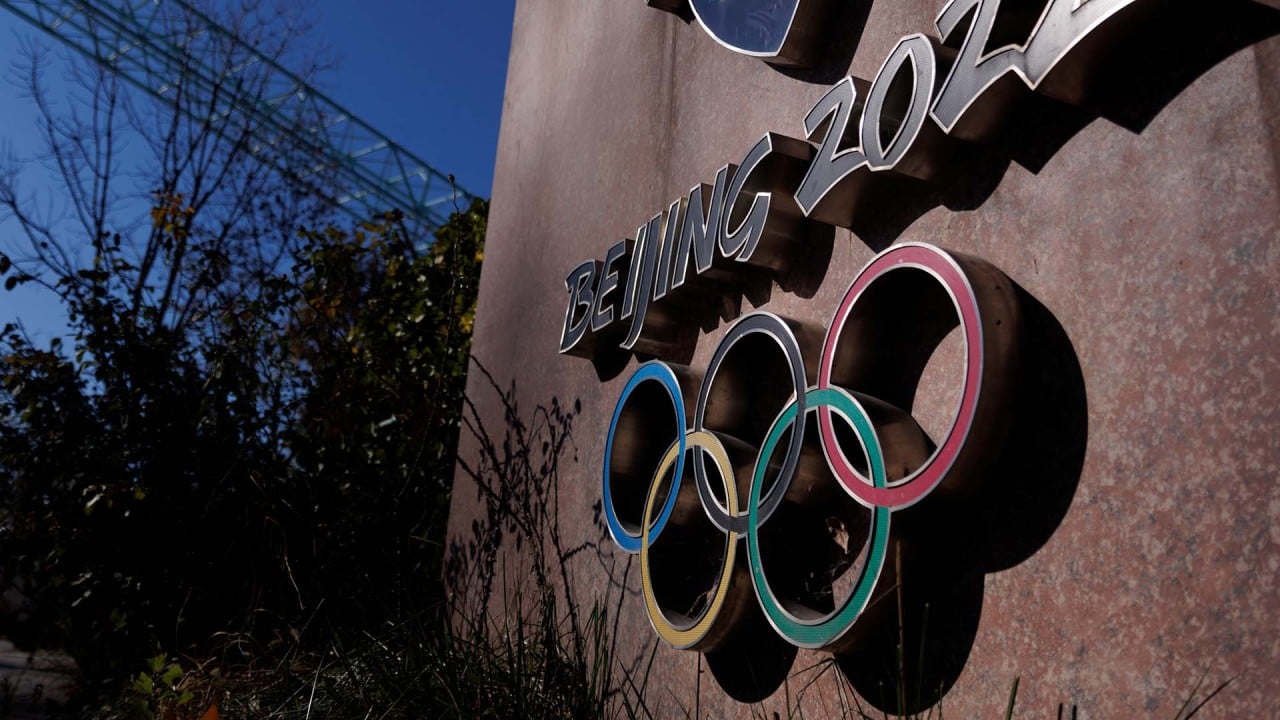
China and Australia break diplomatic drought with ‘frank’ defence ministers talks
- No details of discussion between the two ministers but meeting comes after more than two years of tense relations
- Human rights and the South China Sea expected to have been on the agenda
“It was an opportunity to have a very frank and full exchange in which I raised a number of issues of concern to Australia,” Marles said after the talks.
Beijing did not comment on the meeting.
Australia’s deputy PM says China’s military build-up needs to be ‘transparent’
Since then, the two countries have imposed trade sanctions, from import bans to tariffs, that remain in place today.
Analysts said the resumption of political dialogue signalled a new direction in China-Australia relations under the Labor administration in Canberra, but they were cautious about long-term prospects.
“I don’t see Australia and China’s relationship returning to its golden era, where you had president Hu Jintao addressing the Australian parliament in 2003 and Xi Jinping in 2014,” said Pradeep Taneja, senior lecturer in Asian studies at the University of Melbourne.
“That era is behind us, any relationship that develops on a political level between China and Australia would be pragmatic and realistic.”
James Laurenceson, director of the Australia-China Relations Institute at the University of Technology Sydney, echoed the sentiment.
“[The meeting] suggested a new upwards trajectory is possible, but we are starting at a very low base,” he said.
Laurenceson and Taneja agreed that the meeting was significant in bringing Australia back on par with other US allies in its relationship with China.
“Plenty of countries have had increased problems with China – India, Japan and so on – but only Australia had a complete diplomatic breakdown. This [meeting] has got us closer on par with other countries,” Laurenceson said.
Australia said last week that a Chinese fighter jet cut dangerously in front of its patrol aircraft in international airspace and released a flare and aluminium radar decoy “chaff”, some of which went into the plane’s engines.
China’s defence ministry said the aircraft “kept approaching the Chinese airspace ignoring the repeated warnings” and accused the Australian government of “spreading false information”, adding the People’s Liberation Army’s response was “professional, safe, reasonable and legal”.
Laurenceson said the Australian side would have assured the Chinese side that it did not see the region in terms of US-China strategic competition.
“Those messages would be delivered and they would’ve been welcomed. At the same time, the government would have restated a number of positions that the Chinese side would like to see Canberra have shifted on – South China Sea, human rights and so on,” he said.
Chong Ja Ian, associate professor in the National University of Singapore’s department of political science, said the meeting was a chance for both governments to work out the other’s attitude towards their relations.
“I read the meeting in the context of Australia’s new Labor government trying to get a sense of where [China] stands with regard to relations. Remarks during the Shangri-La Dialogue suggest that Canberra has some intention to reach out,” Chong said.
“I think the [Chinese] side might be interested in better understanding the new Australian government’s position given their friction with the previous one and Beijing’s apparent discomfort with tightening US alliance relationships in Asia, which includes Australia.”
However, Chong believed concerns over military safety following China’s interception last Monday would continue to loom over their talks.
Australian opposition to set up Pacific Defence School if it wins election
Hu Bo, director of Beijing-based South China Sea Strategic Situation Probing Initiative, a think tank that tracks foreign activities in the region, said that in recent years both Australia and Canada had sent warships and planes near China every year, and Australia had clearly increased its presence around the South China Sea.
“There has been an increase in frequency and intensity of Australia’s presence in the South China Sea as well as the Western Pacific,” Hu said.
“Australia may be operating a little more cautiously after the [Paracels interception] incident and be more aware of where to draw the line.”
Taneja, from the University of Melbourne, said he expected the ministers to have talked about establishing confidence-building measures to ease tensions on the South China Sea but there would not be any fundamental changes to Australia’s foreign policy.
“The focus of the meeting was on resuming bilateral dialogue. From the Australian point of view, there wasn’t any compromise when it comes to key principles or approaches,” he said.
The meeting between the two defence ministers was in line with an assessment by China’s ambassador to Australia Xiao Qian, who said on the weekend that the China-Australia relationship was at a new point.
“The Chinese-Australian relationship is at a new developmental juncture, facing many challenges, but also immense opportunities,” Xiao said in an address to the Australia-China Friendship Society in Perth on Saturday.




